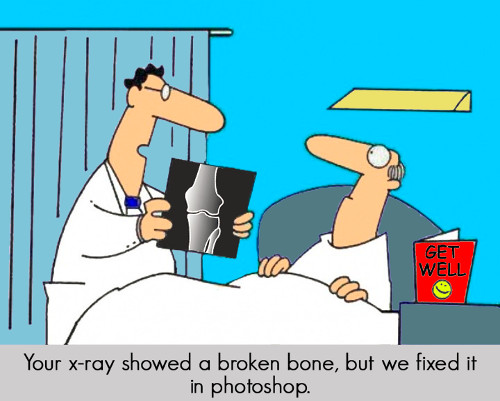Medical Information
This information has been provided by Dr. Brendan Adams, a Sustaining Member of the Calgary Flying Club and an Aviation Medical Examiner. Specific questions should be discussed with an Aviation Medical Examiner at Transport Canada.

Learning to fly means a medical exam is required. The flight environment makes special demands on the human body. These examinations have evolved to form the medical standards of the International Civil Aviation Organization (ICAO).
The standards are set out in the Canadian Aviation Regulations (CARs) at Transport Canada.
Private pilots must hold a “category 3”, while commercial and airline transport licensed pilots must hold a “category 1” medical certificate. A “cat 4” is required by recreational pilots, by filling out a self declaration form with any doctor. Cat 1 & 3 certificates require an exam by a Civil Aviation Medical Examiner (CAME). The standards and validity periods for each category are different.
The decision as to whether or not you meet standards, is made by the Regional Aviation Medical Officer. Should you disagree with the decision, you may submit further information to the Aviation Medical Review Board. If you are turned down at this point, you can apply for a hearing with the Civil Aviation Tribunal.
You may start your flight instruction before a medical exam but the medical and a student permit are required to fly solo. Aviation medical exams are not covered by medical insurance.
MEDICAL STANDARDS:
Fundamentally, you must be healthy. You must:
Have adequate vision better than 20/30. You can wear glasses. If you’ve had laser eye surgery you may still be licensed.
Have adequate hearing (able to hear whispered speech at 6 m).
Be free of any significant, ongoing illness which might result in impairment of consciousness or inability to operate the aircraft safely. It is possible to be licensed with a variety of illnesses, as long as they are well controlled.
Medications are not permitted if they impair the ability to operate the aircraft. An example would be narcotic pain-killers. Also not permitted are drugs treating more serious illness, such as chemotherapy agents for active cancer.
Blood pressure must be controlled, and medications are acceptable. A past history of significant heart or lung disease will be thoroughly investigated to ensure that the pilot has recovered. It is possible to be licensed to fly even after a heart attack, provided certain criteria are met.
Various handicaps such as missing limbs may also be acceptable.
Specific circumstances vary. Best advice would be to complete a Transport Canada medical examination before getting too far into flight instruction.
If you have always held back because of health concerns, perhaps now is the time to reconsider, as things may be better than you thought.
Brendan Adams, M.D. M.Sc. C.C.F.P. F.C.B.O.M.







